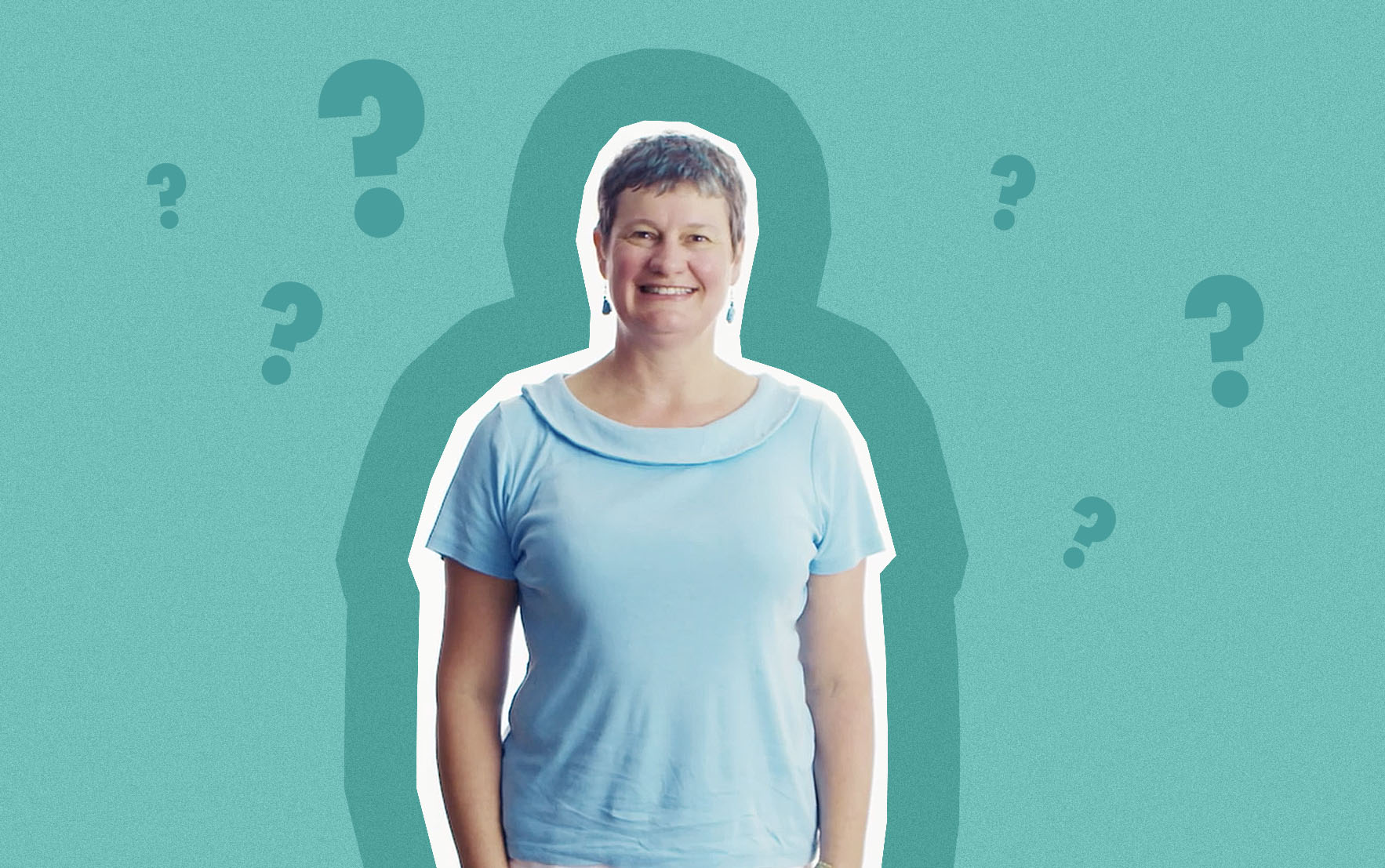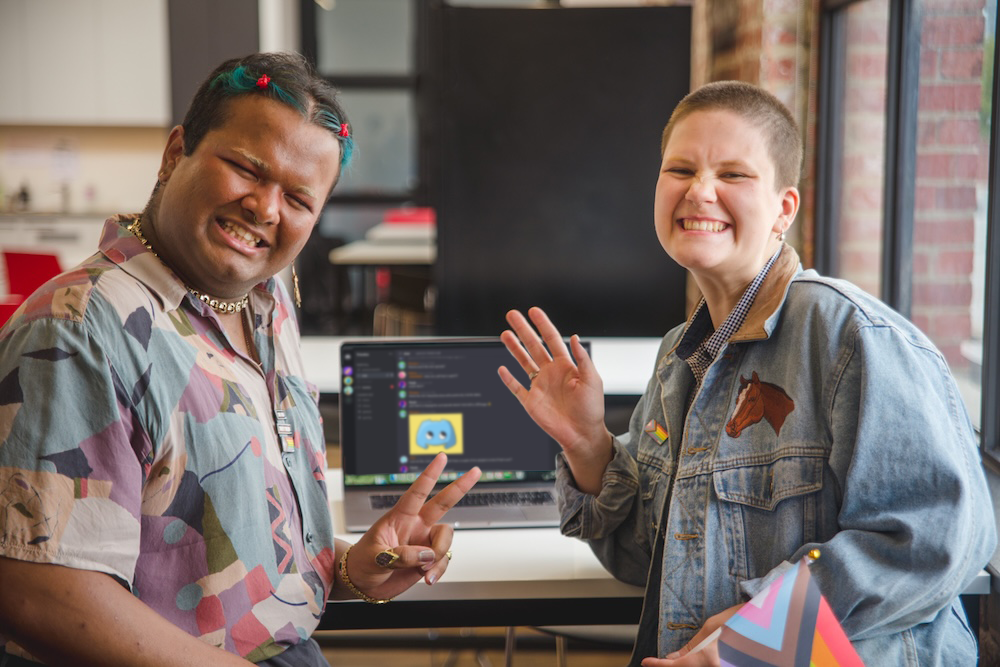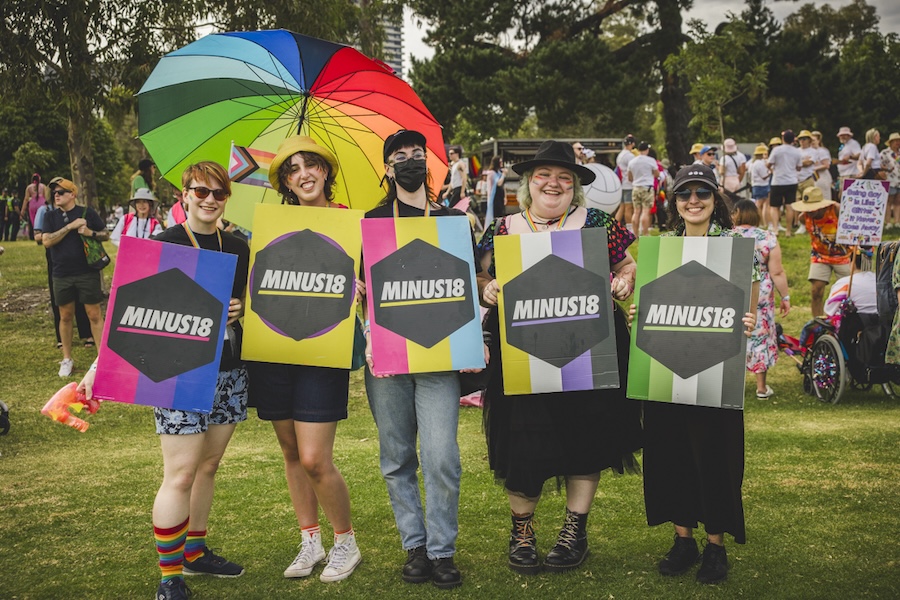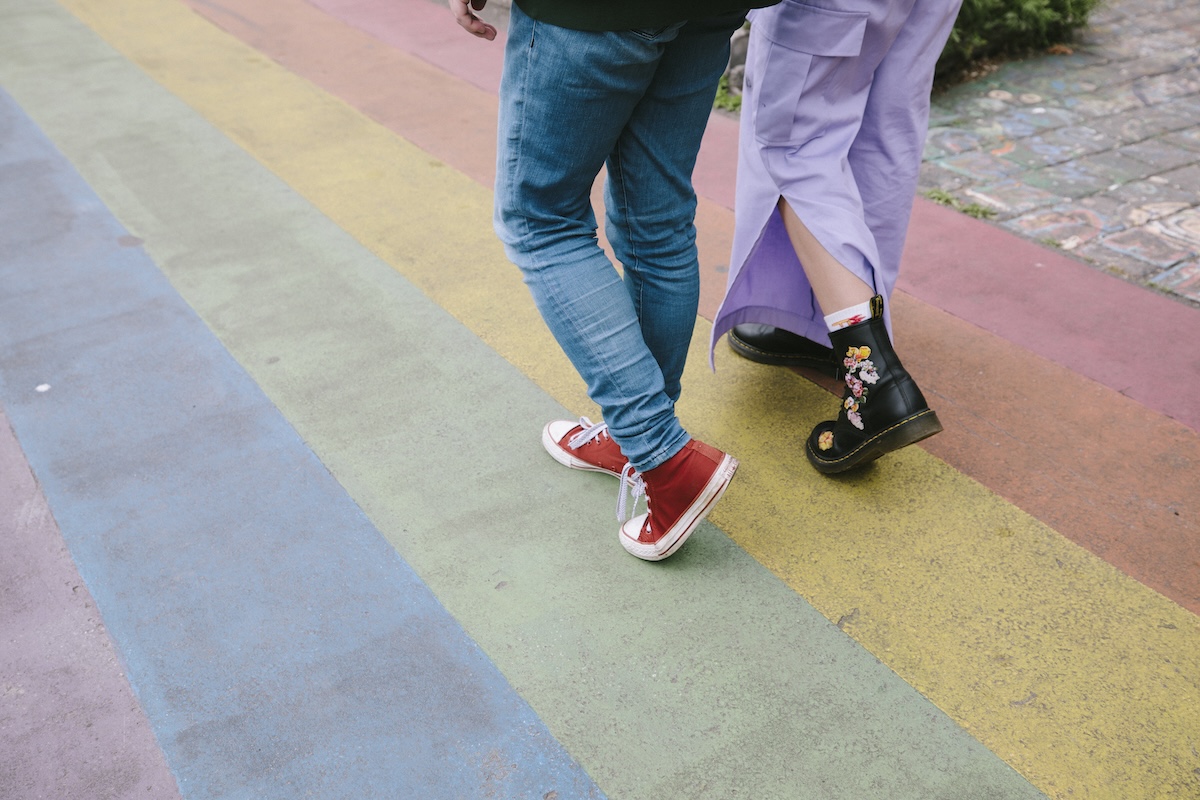
What to do when your child comes out
February 14, 2024
Listen to their experiences and tell them you love them.
There are a whole heap of ways that someone can come out about their sexuality or gender identity. Your child might sit you down for a heart to heart. They could email it to you. If they’re quite young, it could be an announcement regarding their gender or their schoolyard crush, without any realisation of what it means.
No matter how it happens, the important thing to remember is that your child is sharing something deeply personal with you, that they have likely thought about a lot. How you respond and show your support is important in the moment.
Having a child come out is different for every family – but there are some positive ways to navigate any experience.
1. Listen to their experience – they know themselves best.
Our biggest tip: listen! Listen respectfully to your child’s experience and what they’re telling you about their identity. No matter if it’s a big announcement or something mentioned in passing, it’s important to respond respectfully. Your child knows themselves, their feelings, and their experience inside their skin best.
Avoid being dismissive, talking over them, or belittling their experience. Instead, use validating language to assure them of your love and support .
Even if their experience is completely different to yours and foreign to your life, background and beliefs – the best and most wonderful thing you can do is listen with an open heart.
“It might be really hard to think clearly if you are feeling overwhelmed or surprised. I think it is super important to have a good look at your own values and assumptions – am I really willing to sacrifice the mental health and wellbeing of my child just to make sure I get my two cents worth in? There will be plenty of time for careful conversation as life goes on.” – Angela
2. Not sure what to say? Start with “I love and accept you”
It’s okay if you don’t know what to say in the moment – it’s a new experience for you too. There’s no need to immediately say something profound, or have a speech ready to go, especially if you’re caught off-guard. The best first thing you can say? “I love you, and I accept your identity.” It’s that simple!
Everyone’s family and everyone’s journey is a little different. If your child coming out to you – whether with regard to their sexuality or gender or both – is a shock or upsetting in some way, or will require some time to process properly, those feelings are valid. After all, you’re feeling them. Our main tip though? Supporting your child comes first.
Samantha*,* a mother of a trans son at Minus18, recalls feeling shocked and overwhelmed when her son came out. “It's ok to feel taken aback or a mountain of emotions. But there’s always time later to process it.”
“Just hug them and tell them you love them if you can’t trust yourself to say supportive and helpful things in the moment! You can’t go wrong with hugs and love!” – Cheryl
3. It’s okay if you put your foot in it.
Don’t beat yourself up too much if you say the wrong thing. Apologise, make note of your mistake to avoid making it again, and move on.
If you’ve received a heads up about your child’s identity before they’ve had a chance to tell you themselves, you could prepare a few key points of what you’d like to say. This will help you put your best foot forward (rather than in mouth!).
“I had my speech ready, so when he told me I was good. Because in that moment right there, that’s a snapshot moment for him...I made sure I didn’t give him a look as if to say I'm disappointed or anything. I just made sure that he realised in that exact moment that I was all right with it. No matter what.” – Andrew
4. Stay up to date with LGBTQIA+ topics by reading online
This is the perfect time to start educating yourself! Learning about sexuality and gender from your child can be a great bonding experience, but being proactive and doing your own learning can be a great way to show your support, or answer questions that they don’t know.
This can be particularly useful if your child is young, or can simply empower you with the vocabulary and knowledge to discuss these topics confidently.
Check out the rest of the series:
WHAT TO DO IF YOU THINK YOUR CHILD MIGHT BE LGBTQIA+
HOW TO EDUCATE YOURSELF AND YOUR FAMILY WHEN YOUR CHILD IS LGBTQIA+
HOW TO SUPPORT AND CELEBRATE YOUR LGBTQIA+ CHILD
These articles and videos are a collaboration between Minus18 and Disney, celebrating the diversity of families and their journeys within the LGBTQIA+ community.
Production by Clothesline Content
Related articles

From December 10, big changes are coming for anyone in Australia under 16. Here's how we'll support you to remain connected with your community.

Trans Day of Remembrance is an important opportunity to honour those who have lost their lives to transphobic violence, and take a stand against transphobia.

Labels can be comforting – a way to find people who understand you, and proof that you’re not alone. But it's also okay if you're still figuring it out.

Uncertainty can be beautiful. Being “in-between” labels, between versions of ourselves, is part of life.